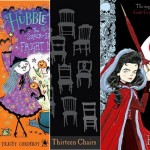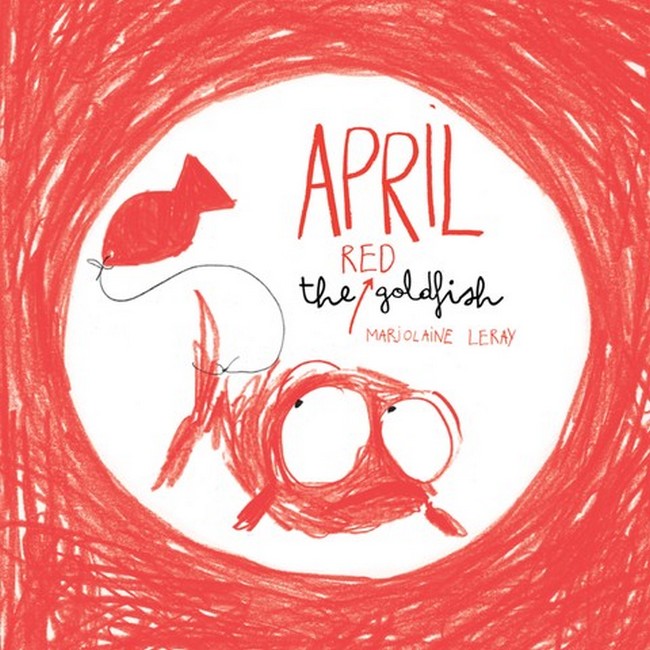Bernard Beckett
(Quercus)
Stuck in a car wreck, upside down, gravely injured, Tristan and Grace are staring at death, hanging on to the faint hope that when the sun rises, someone will notice them. Fate has brought them together one final time, after doing so time and time again throughout their lives. As they fight for survival through the night, they tell each other the story of their lives, gradually uncovering how closely entwined their existences really are, until a last shocking discovery of why they ended up there.
This is the second novel for young adults from Bernard Beckett, author of the outstanding dystopian novel Genesis (see my review here). Part-thriller, part-doomed love story, August does not disappoint. It is as clever and original as Genesis; again philosophical and moral issues are at the core of the tale, with religion (and more specifically Christianity) also taking centre stage again, but in a very different setting. While Genesis was very much set in the future, it is harder to pinpoint the timescale in which August is set. The story however certainly takes place in an alternate world; one could mistake it for taking place in medieval or Tudor times if it wasn’t for the cars, trucks and televisions. However the “modern” objects seem to appear outside The City walls and it is that City which is ruled with a heavy hand by The Holy Council in such a medieval way. It is in this setting that both Grace and Tristan grow up, first in quite similar circumstances. Both from modest backgrounds, they end up brought up within the Church, Grace in a convent who takes in orphan girls, Tristan in an elitist monastery which educates able boys mostly of privileged backgrounds. Both defy the establishment, albeit in different ways and for differing reasons, and as a result, both end up physically and psychologically abused by those supposedly protecting them. But their lives still take drastically different paths, even though these paths cross at specific points, and ultimately they end up together. I felt that the claustrophobic nature of their situation, stuck in the car, mirrors the claustrophobic confinement of their upbringing within the Church.
I liked Grace as a character, but was not particularly taken by Tristan. Grace is feisty and determined, but full of kindness and unafraid of sacrifice. Whereas I found Tristan to be self-absorbed at times. When Grace tells him that his philosophical angst is a luxury than only the privileged few can afford to waste time on while those like her who live in hardship, don’t have time to wonder about where their lives are going or if they are really making their own choices, I thought this was a great point. And this is one of many, as throughout the novel, the reader is witness to complex philosophical and theological musings, discussions, and experiments, mainly between Tristan and the rector. All focus on the notion of free will and its existence (or not) and nature. Those passages in the book are immensely interesting but also incredibly hard-going at times (I often needed to read some of the dialogues twice to understand their full meaning) and therefore I think it is fair to say that, like Genesis, August is most definitely for the more discerning young adult, and most possibly will be enjoyed primarily by adults. Beckett’s writing is clever, and witty and humorous at times but the themes remain very literary and is not always very accessible, particularly as the many philosophical musings of the book provide a few lulls in the plot. However, it is well worth persevering, as one of Beckett’s strengths is also his ability to write jaw-dropping final twists, and the way Tristan’s story turns out at the very end did take me entirely by surprise and proves again how gifted Beckett is at structuring his stories.
August is a convincing second offering after the amazing Genesis, and Bernard Beckett is one author that is well worth discovering, particularly if you like challenging, thought-provoking reading.
Many thanks to Quercus for sending me a review copy of August.






